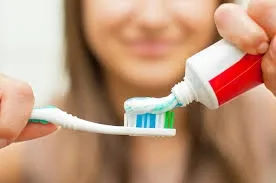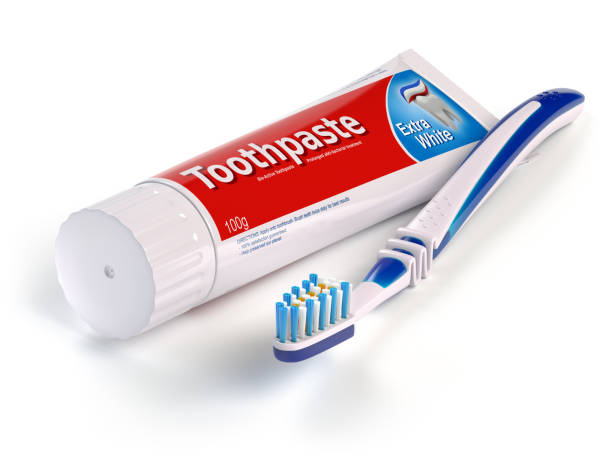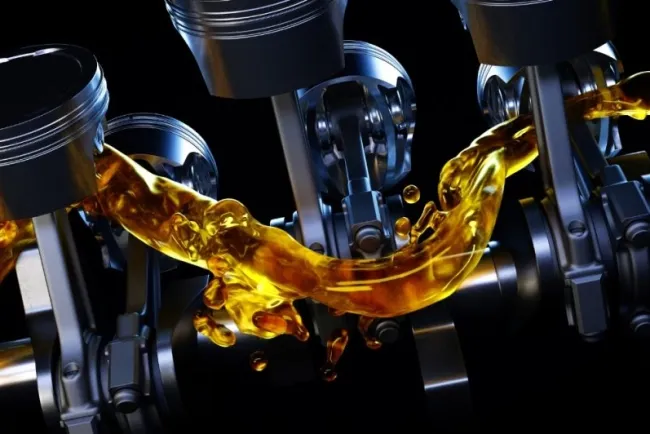Toothbrush: A Journey Through Time...!!!
The evolution of toothbrushes and toothpaste underscores the advancements in oral care over the centuries. From ancient chew sticks and rudimentary pastes to modern electric toothbrushes and specialized toothpaste formulations, these innovations have profoundly improved oral hygiene and health.

The toothbrush, a vital tool for maintaining oral hygiene, boasts a rich history spanning thousands of years. Here's a closer look at its development:
Ancient Origins
-
Babylon and Egypt (3000-3500 BC): The earliest toothbrushes were crafted by the Babylonians and Egyptians. They used chew sticks, which were twigs with frayed ends, to clean their teeth.
-
China (7th Century AD): The Chinese advanced toothbrush design by creating handles from bamboo or bone and attaching hog bristles. These brushes proved to be more effective for cleaning teeth.
Modern Toothbrush
-
1780: Englishman William Addis produced the first mass-manufactured toothbrush by drilling holes into a cattle bone handle and inserting swine hair bristles.
-
1938: DuPont introduced the first nylon-bristled toothbrush, dubbed "Dr. West's Miracle-Tuft Toothbrush," marking a significant leap in oral hygiene.
-
1950s: The advent of electric toothbrushes revolutionized oral care, providing a more efficient and thorough cleaning experience.

Technological Advancements
-
Modern Electric Toothbrushes: Today's electric toothbrushes feature various innovations such as pressure sensors, timers, and multiple brushing modes. They use oscillating, rotating, or sonic technology for superior cleaning.
-
Smart Toothbrushes: Equipped with Bluetooth connectivity, smart toothbrushes sync with smartphone apps to offer real-time feedback on brushing habits, enhancing oral hygiene.
Toothpaste: From Natural Remedies to Advanced Formulations
Toothpaste has also seen significant evolution over the centuries. Let's explore its development:
Early Toothpaste
-
Ancient Civilizations: The Egyptians utilized a mixture of crushed eggshells, ashes, and pumice for dental care. The Greeks and Romans enhanced this formula with crushed bones and oyster shells.
-
China and India: In ancient China, dental care involved mixtures of salt, ginseng, and herbs. In India, formulations included charcoal, honey, and neem.
Modern Toothpaste
-
19th Century: The first commercial toothpaste, "Crème Dentifrice," appeared in the 1850s, packaged in a jar. Dr. Washington Sheffield introduced toothpaste in a tube in 1892.
-
Fluoride Toothpaste: The 1950s saw the introduction of fluoride in toothpaste to prevent cavities and strengthen enamel, significantly improving global oral health.
-
Specialized Toothpaste: Contemporary toothpaste formulations cater to diverse needs such as sensitivity, whitening, gum health, and tartar control, often incorporating ingredients like baking soda, peroxide, and natural extracts.
Modern Innovations in Oral Care
-
Natural and Organic Toothpaste: Responding to a growing demand for natural products, many brands now offer toothpaste made from organic ingredients, free from artificial additives and preservatives.
-
Whitening Toothpaste: These toothpastes contain mild abrasives and chemical agents like hydrogen peroxide to remove surface stains and whiten teeth.
-
Sensitivity Toothpaste: Formulated with potassium nitrate or stannous fluoride, these toothpastes help alleviate tooth sensitivity by blocking pain signals and strengthening enamel.
-
Children's Toothpaste: Designed with mild flavors and lower fluoride levels, children's toothpaste promotes good brushing habits from an early age.
The evolution of toothbrushes and toothpaste underscores the advancements in oral care over the centuries. From ancient chew sticks and rudimentary pastes to modern electric toothbrushes and specialized toothpaste formulations, these innovations have profoundly improved oral hygiene and health. As technology continues to advance, we can anticipate even more innovative solutions to enhance our daily oral care routines.
What's Your Reaction?

















